A kid’s guide to the general election
Discover how democracy works in the UK…
Have you noticed? There’s a general election coming up! This is when everyone votes to decide who they want to be in charge of the country. Read on to find out all about the general election, from how voting works to what happens in the Houses of Parliament…
Why do we have a general election?
The UK is a democracy, which means almost everyone who lives here gets a say in how the place is run. You can do this by voting in a general election, which happens every five years.
To be able to vote, you have to be 18 years old (sorry, kids!) and be a UK citizen, or a Commonwealth citizen who is living in the UK. Most importantly, you have to register to vote. As of 2024, you also need a valid form of photo ID, such as a passport or driving licence.
Next up: voting. Let’s find out how the process works…
What are people voting for?
The UK is divided up into 650 different areas, known as constituencies. The people who live in a constituency (called constituents) vote for a Member of Parliament* – or MP – to represent them at Parliament, where the laws of this country are made.
Words with a * next to them are explained in the glossary at the bottom of the article.
The boundaries of many constituencies changed in 2023, so check online to find out yours!
Most MPs belong to a political party*, and each party has different ideas about the best way to run things.
Because the party with the most MPs usually gets to form the next government*, by voting you don’t just elect your MP – you also have your say about which party you want to be in charge.
In the run up to the election, candidates* try to encourage local people to vote for them, so they can get a seat in Parliament. Political parties also publish manifestos. These are big lists detailing what they plan to do if they’re voted into power.
Politicians will appear all over the media around this time. The leaders of the main political parties take part in televised debates* (which can get pretty shouty!). They often appear on TV urging viewers to vote for their party’s candidates, too.
What happens on general election day?
Shortly before the election, every registered voter will get a polling card through the post, telling them where their nearest polling station is. This is the place where voting happens – it could be in a sports centre, village hall or even your school!
This year’s election day is Thursday 4 July!
Voters head to their polling station between 7am and 10pm. It’s open from dawn to dusk so everyone has time to go. Plus, if a voter can’t make it on the day, they can organise another way to vote in advance.
When they get there, each voter has their name crossed off a list to make sure they only vote once (very important!). Then, they’re given a ballot paper.
The ballot paper is a list of all the candidates in the voter’s area, and the party they belong to (or whether they’re standing independently). Voters put a cross next to the name of the candidate they want to elect.
Next, voters push their ballot paper into the ballot box. You don’t have to tell anyone who you voted for – it’s secret and anonymous. This is so that people cannot be judged on who they voted for, or be pressured into voting for someone they don’t really support.
Once the polling stations are closed, the ballots are counted through the night to find out which candidate has come out on top in each area. The winners will represent their constituents at Parliament. This voting system is called first-past-the-post.
As the night goes on, the winning MPs in each constituency are revealed. Results are shown live on the news and internet.
Eventually all the votes are counted (this could take many hours). The political party that wins the most MPs will usually form the government.
However, if one party doesn’t fill more than half of the seats in Parliament with their MPs (at least 326 out of 650), then it is called a hung Parliament. In the past, when this has happened, two or more different political parties have teamed up to form a coalition* and govern the country together.
What happens after the general election?
Whichever party is voted into power at the general election, their leader will be invited by King Charles III to become Prime Minister and form the government.
The Prime Minister is chosen by their party, NOT by the public. This is different to the USA, where the public vote for President.
Although he is our Head of State, the King doesn’t have any real political power. His role is mainly ceremonial, but he does have a chat with the Prime Minister every week, so he’s kept up to date!
After moving to 10 Downing Street, the PM’s first job is to pick MPs from their party to be the Cabinet ministers who will be in charge of different decision-making departments, such as education, transport and the environment.
ALL 650 elected MPs meet up in the Houses of Parliament, a grand old palace next to the River Thames in London.
Here, they decide on laws, make decisions that affect our country, question the Cabinet ministers and debate the issues of the day.
Glossary
- Candidates – People who want to win an election
- Coalition – When two or more political parties work together
- Debates – Formal discussions about a particular issue, where
all sides get the chance to speak - Government – The government runs the country. It is usually formed by the political party that has the most MPs elected at a general election. The government is made up of different departments run by ministers, selected by the Prime Minister.
- Member of Parliament (MP) – Someone who represents their constituency (local area) in Parliament
- Political party – A group who share ideas and beliefs about the way the country should be run.
- Policies – Plans or proposed actions
Illustration © Marek Jagucki.
More Like General History
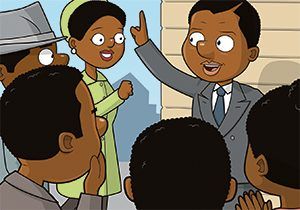
The life of Nelson Mandela
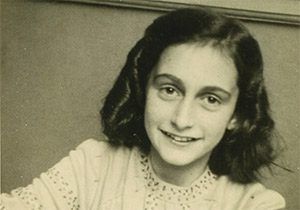
The life of Anne Frank
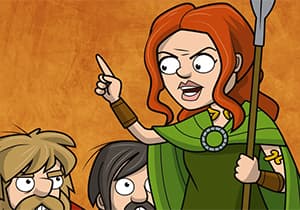
10 brilliant Boudica facts
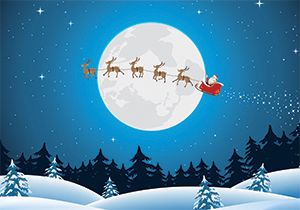
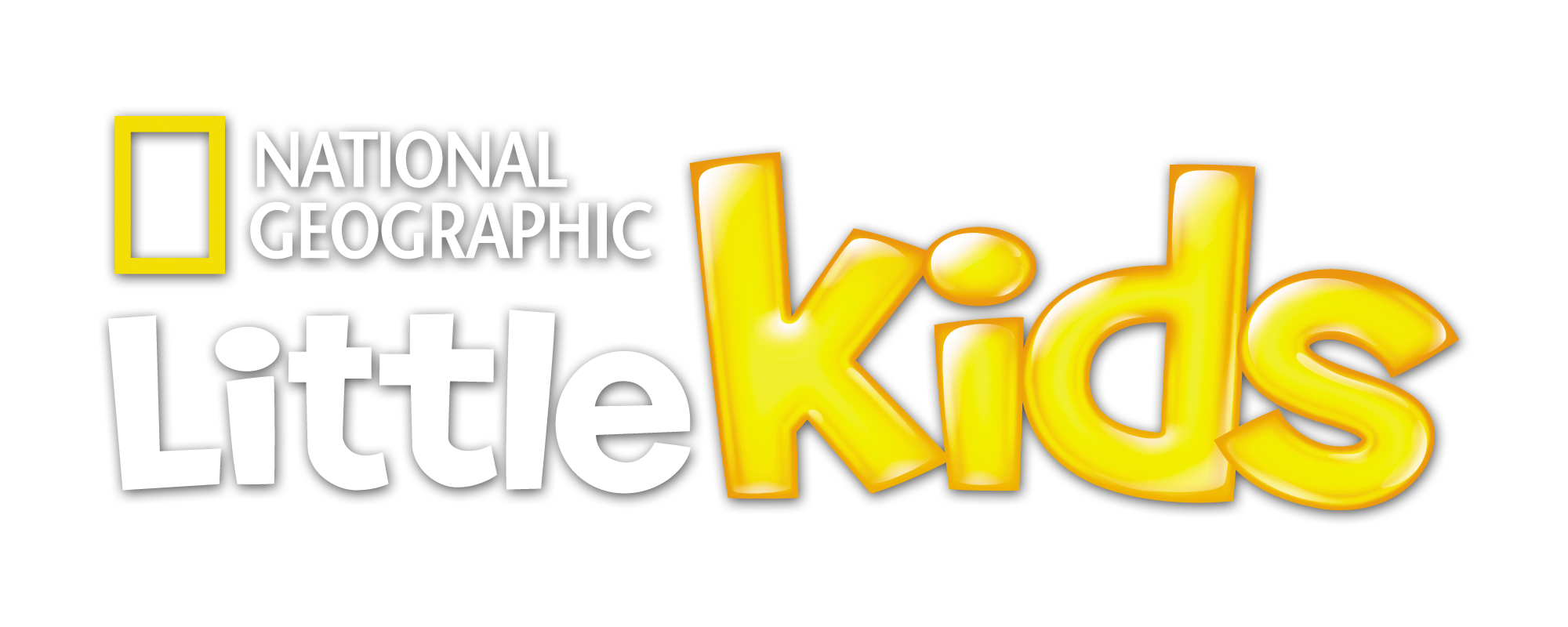




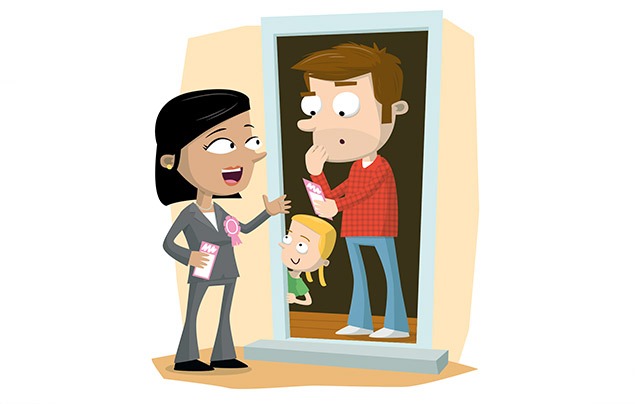
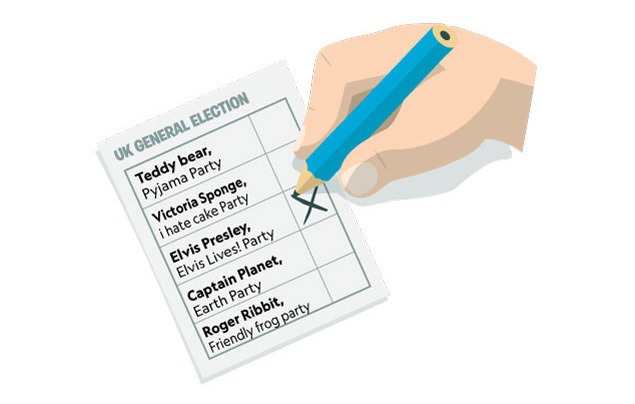
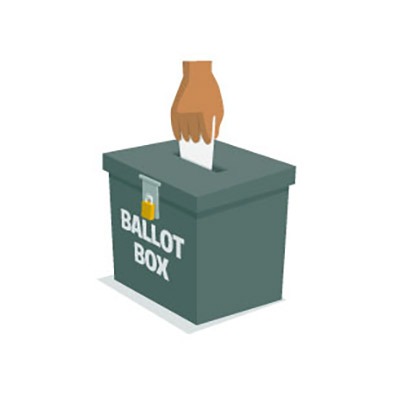
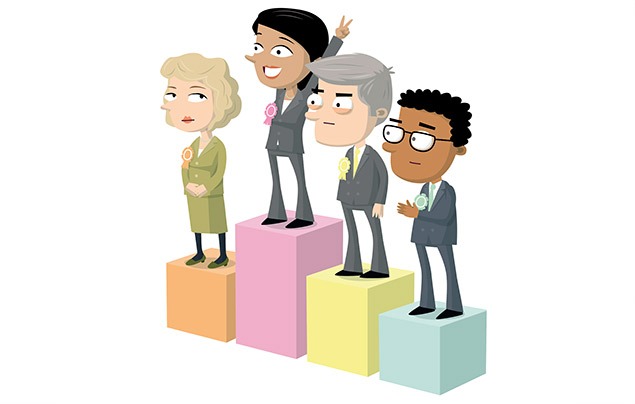
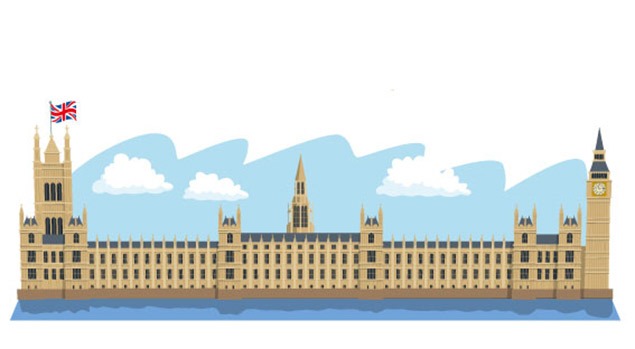




LEAVE A COMMENT
THANK YOU
Your comment will be checked and approved shortly.
WELL DONE,
YOUR COMMENT
HAS BEEN ADDED!
COMMENTS1
???
Really good, thanks
Mik
This very good thanks
cilia
this is good to learn
Thank you very much
this is helpful
dookiepoop69
Wow bro
Ethan
Very informative, I hope to run one day
sam
very good
Banana
It’s really good text
Dodo69womp
this is very useful for teaching kids like me
This is very helpful thank you
Sidney
Very helpful
Isi
Why can't the other grown-ups put it like this?
Cakey
It was really interesting, even know I know a lot about the general election anyway. So I didn't learn anything, but I'm sure this would be an amazing teaching resource. Cakey-10
Fiestyartcicfox
This helped me lots!
star
very informative
Willow
It has taught me a lot
dexkato1
Great info!
emilyrose
nice election websit
millie
good
dont even
i didnt know what was going on and what people were talking about until i saw this page. very helpful!
Freys
Thanks so much it has been very helpful and very useful for the kids .
sanjida
helpful
poopoo
good
this is helpful
roxanne
helpful
Womp Womp
This is great for the kids to learn about.
Carson Chadwick
Brilliant!
Isabel stant
It has taught me about the mp member of parliament
Elly Taylor
I think this page is very useful for kids like me to understand very well.
Bob
Very helpful
Vanessa
Great
CUSTOMIZE YOUR AVATAR